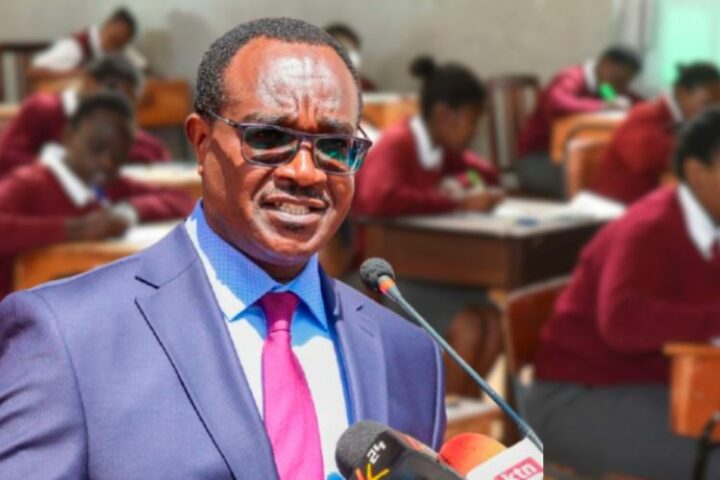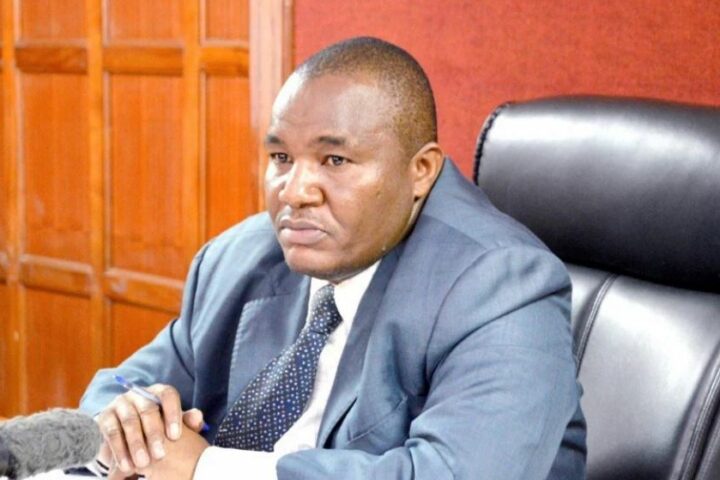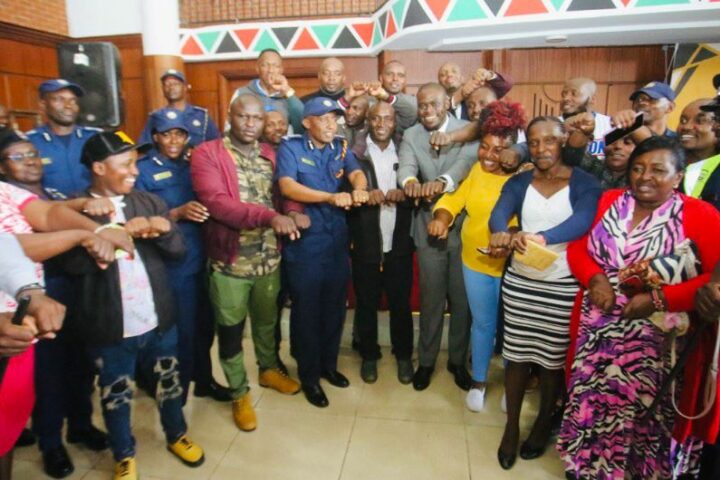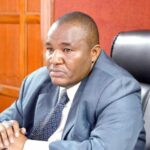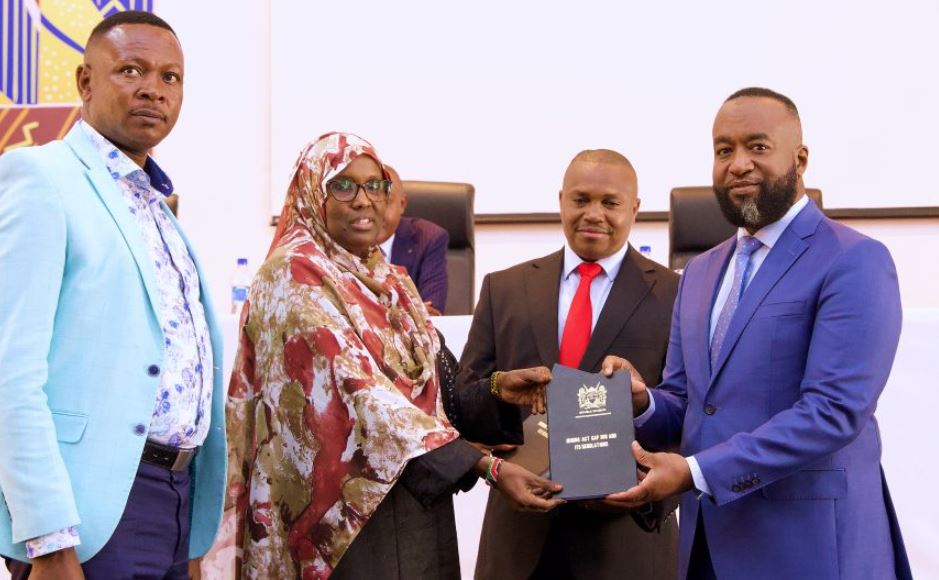
Kenya is intensifying efforts to combat illegal mining through a new collaboration with the International Criminal Police Organization (Interpol). The initiative is aimed at curbing illegal mining and addressing the associated black market trade in minerals, which has had a detrimental effect on the country’s natural resources.
Cabinet Secretary for Mining, Blue Economy, and Maritime Affairs, Ali Hassan Joho, announced the launch of the investigative arm of the Mining Police Unit (MPU).
The newly launched Mining Police Unit, which comprises officers from the Directorate of Criminal Investigations (DCI) and other government agencies, will play a critical role in curbing illegal mining activities. The unit will be led by Hadi Ali.
To tackle illegal mining activities in the international black market, Joho announced a partnership between Kenya and Interpol. This collaboration will aid in recovering illegally mined minerals and prosecuting those responsible. Kenya’s law enforcement agencies will receive technical support, expertise, and access to advanced analytical tools. Interpol’s Project ENACT, which facilitates real-time searches in global databases, will also support the initiative.
Kenya is endowed with a wide range of mineral resources, including gold, copper, silver, lead, talc, titanium, manganese, zinc, nickel, chromite, pyrite, and rare earth elements. Joho also highlighted key mining hotspots across Kenya, such as Migori, Kakamega, Transmara, Nandi, West Pokot, Taita Taveta, Marsabit, Isiolo, and the Dabel area in northern Kenya, which is currently experiencing a gold rush.
Joho revealed that significant quantities of gold mined in Illo are being sold illegally within Kenya, with some of it being smuggled into Ethiopia before being shipped to the Middle East.
The CS explained that despite Kenya’s rich mineral deposits, the country currently earns only about 1% of its total Gross Domestic Product (GDP) from the mining sector.
In 2023, legal artisanal and small-scale mining contributed at least Ksh 30 billion to the country’s economy, accounting for more than half of Kenya’s mining output.
In addition to tackling illegal mining, the government aims to increase the mining sector’s contribution to GDP from 1% to over 10% by 2030. To achieve this, Joho emphasized that Kenya is focusing on exploration, mineral development, and value addition in the mining industry.
Several initiatives are underway to enhance the sector’s economic potential. The refurbishment and reopening of the Voi Gemstone Centre, for instance, will provide spaces for gemstone value addition and marketing.
Other key projects include the Kakamega Gold Refinery, a granite processing plant in Vihiga, the revival of the Fluorspar factory in Elgeyo Marakwet, and the Kisii Soapstone Value Addition Centre.
Furthermore, the government has established the National Mining Corporation to serve as the investment arm for the mining sector. These combined efforts are expected to significantly boost the mining sector’s contribution to Kenya’s economy.


